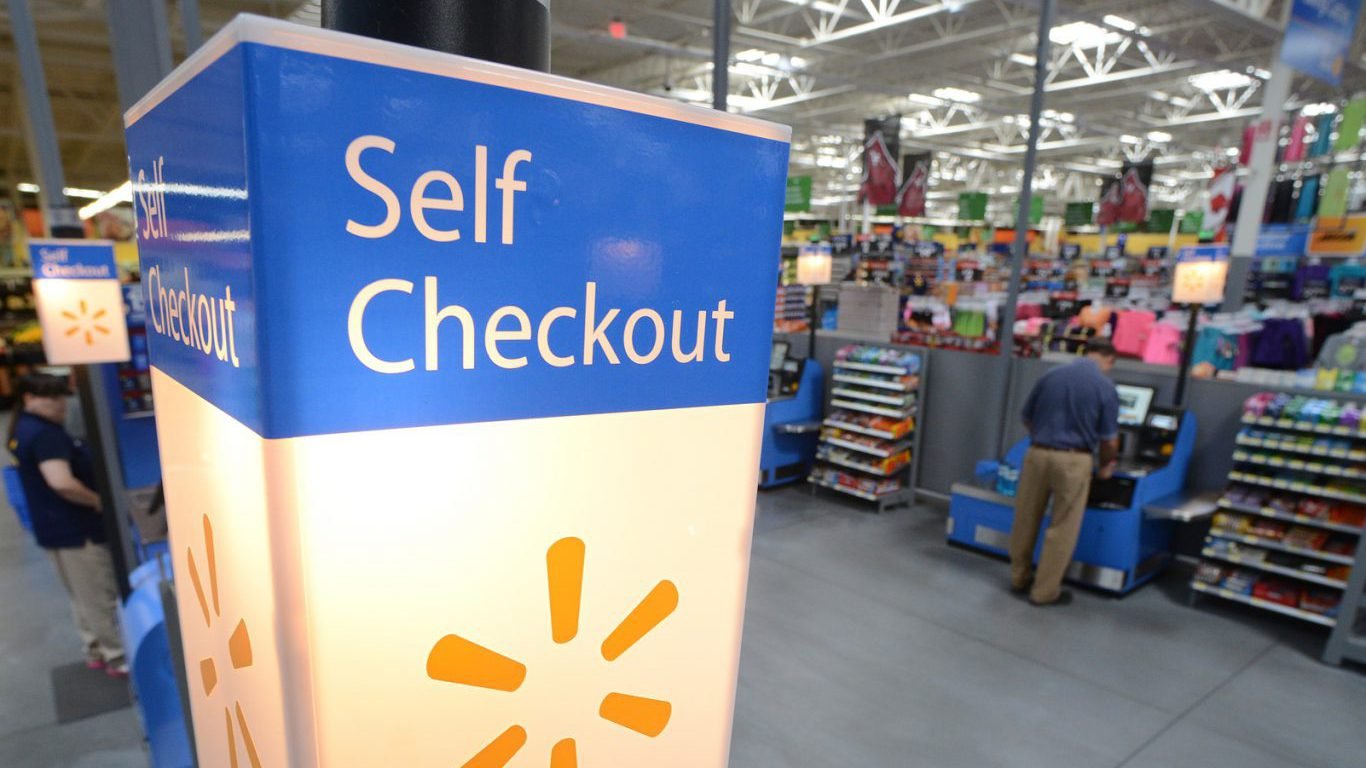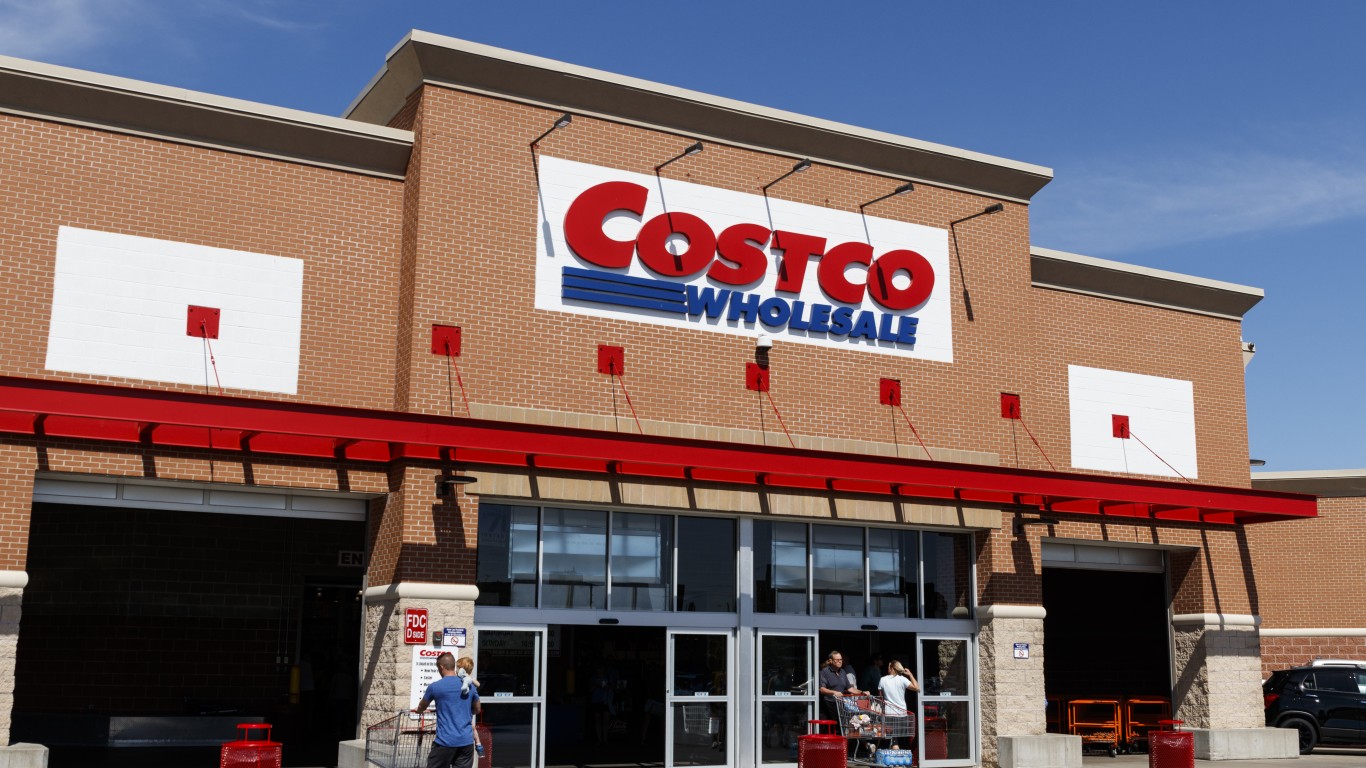

Wal-Mart Stores Inc. (NYSE: WMT) will raise the pay of it minimum wage workers to at least $10 an hour. And, for those entry-level workers hired after January 1, the increase will be from $9 to $10 once they have completed a certain amount of training. Wal-Mart says that the increases will cost it much more than the $1, time hours worked a year, times number of workers. Its estimate of the program’s total is $2.7 billion over two years.
Wal-Mart laid out the investment, and there is almost no way to calculate if it is accurate from the outside.
For “paid time off”:
Walmart and Sam’s Club are launching a new, simplified PTO policy, effective March 5, 2016 that will streamline paid vacation, sick time, personal time and holiday time into one category. And the one-day wait to use sick time will be eliminated, as promised. When the plan rolls out in March, both full- and part-time associates will earn PTO based on tenure and hours worked.
In addition to PTO, Walmart is providing a new, Short Term Disability Basic plan at no cost to full-time hourly associates. Effective Jan. 1, 2016, the plan offers more financial protection to workers who need to be away from work for an extended period of time due to their own medical needs such as an illness, injury or having a baby. The basic plan will pay 50 percent of a worker’s average weekly wage, up to $200, for up to 26 weeks. Walmart is also offering a Short Term Disability Enhanced plan, which costs less than the company’s prior voluntary plan and provides more coverage. Associates would receive up to 60 percent of their average weekly wage with no weekly maximum for up to 26 weeks.
If having a baby is a disability.
What do the programs cost Wal-Mart? Impossible to say, again. Wal-Mart made $14.5 billion in net income in 2015. The $2.7 billion over two years may give it some operating cost or tax benefits. Beyond that, the plan may buy it some employee loyalty and positive public relations outside the company. Or, alternatively, Wal-Mart gets nothing other than the direct costs. Since the actions were mostly forced on Wal-Mart, that may be the case. So, the direct cost with little benefit is as likely as not.
It seems $1 is not one $1. It is, according to Wal-Mart, $2.7 billion over two years.
Sponsored: Find a Qualified Financial Advisor
Finding a qualified financial advisor doesn’t have to be hard. SmartAsset’s free tool matches you with up to 3 fiduciary financial advisors in your area in 5 minutes. Each advisor has been vetted by SmartAsset and is held to a fiduciary standard to act in your best interests. If you’re ready to be matched with local advisors that can help you achieve your financial goals, get started now.
Thank you for reading! Have some feedback for us?
Contact the 24/7 Wall St. editorial team.



